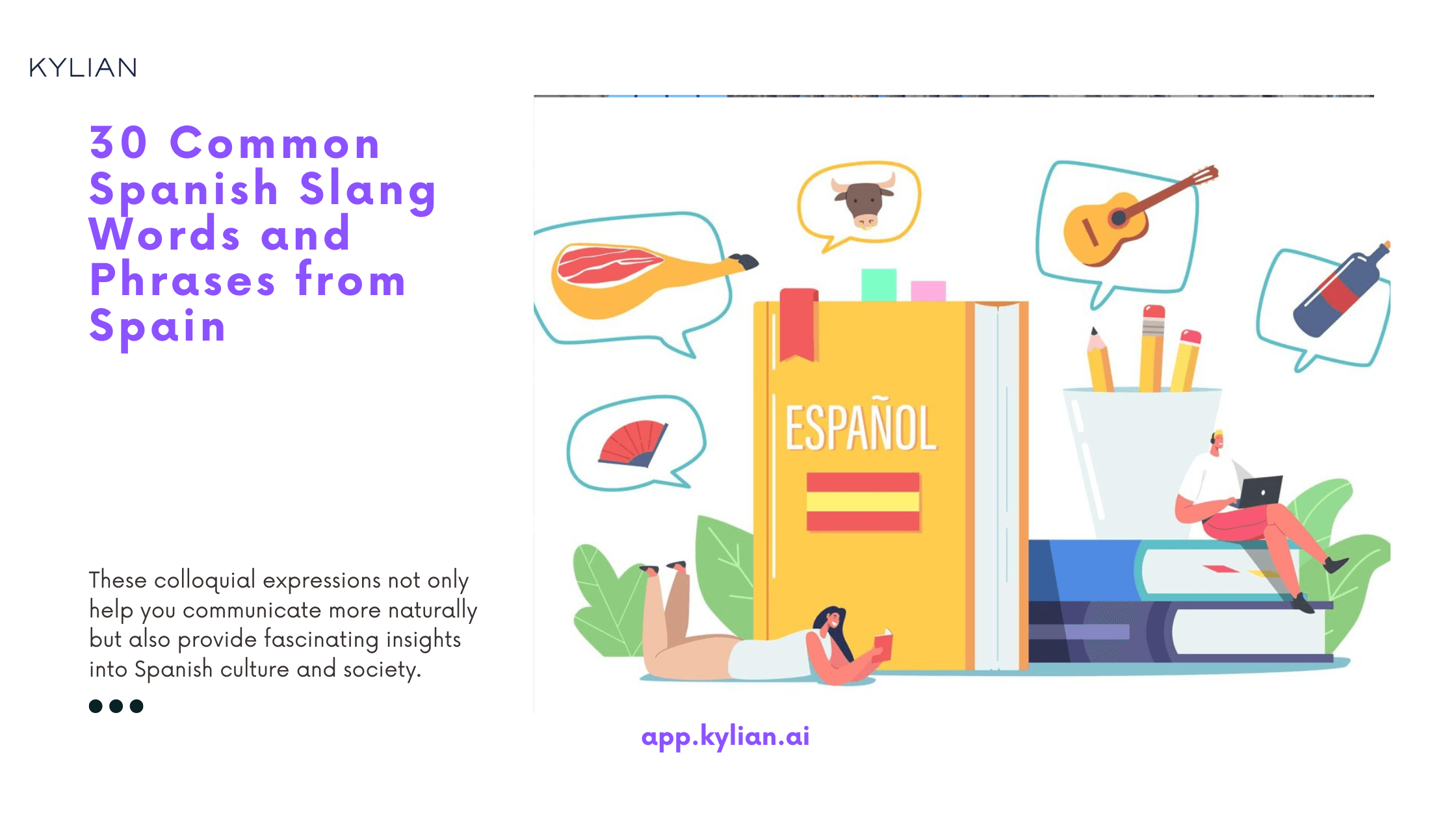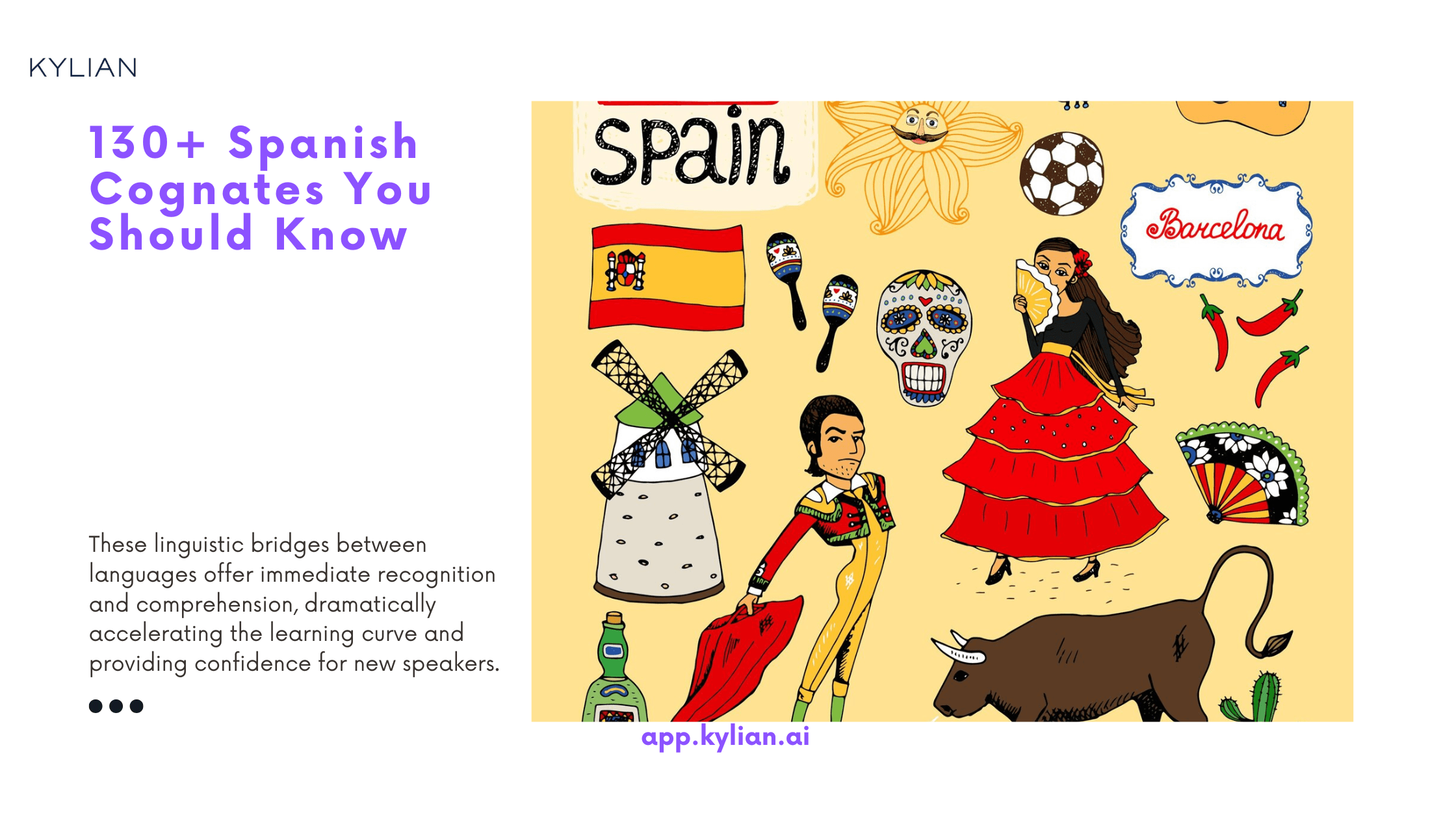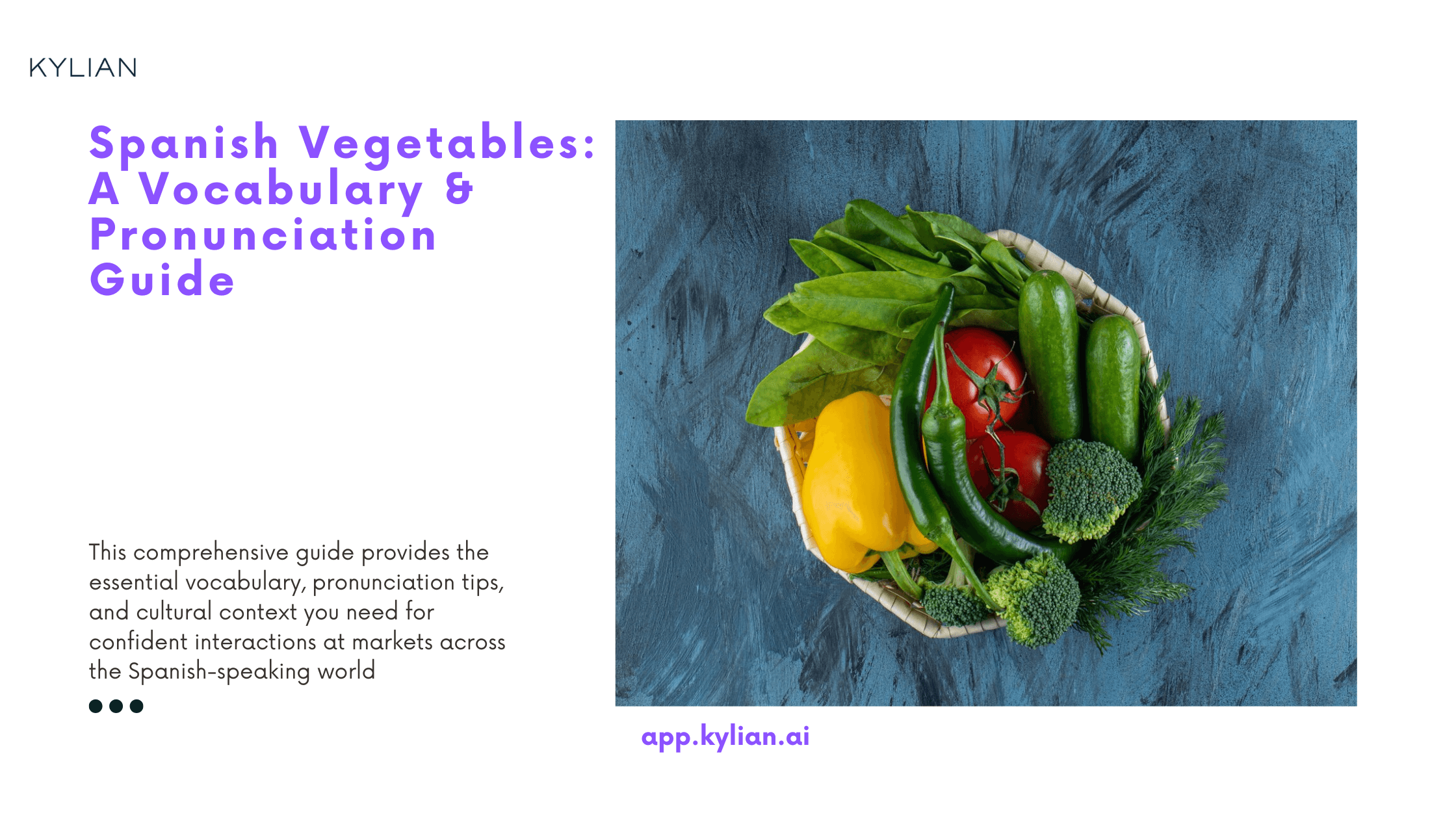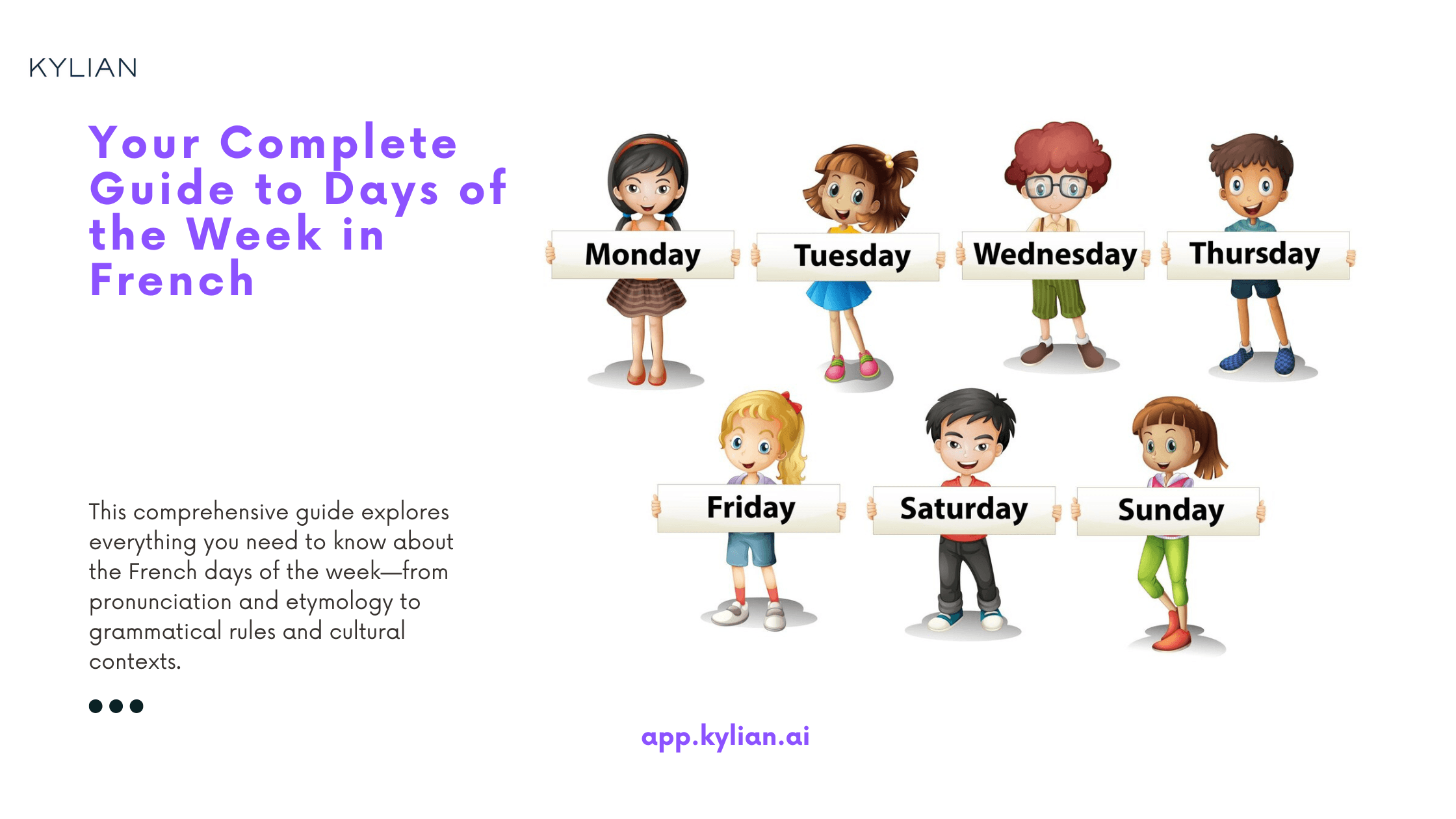Where Most People Come to Learn A Language
Our blog covers language learning tips and hacks we've acquired over the years


Canadian Slang: From Poutine to Double-Double
Slang forms the backbone of cultural identity, acting as linguistic shorthand that separates insiders from outsiders. In Canada—a country known for its cultural diversity, sprawling geography, and unique national identity—slang serves as more than just informal vocabulary. It's a cultural passport that differentiates those who understand the nuances of Canadian communication from those who don't. When someone mentions "going for a rip" or asks if you want to "grab a double-double," they're not speaking in code—they're using distinctly Canadian expressions that carry cultural weight. Mastering these terms isn't just about expanding vocabulary; it's about gaining authentic entry into Canadian culture. Through extensive analysis of social media conversations, regional linguistic patterns, and cultural significance, we've compiled a comprehensive guide to Canadian slang. Whether you're planning to visit the Great White North, communicating with Canadian colleagues, or simply fascinated by linguistic variation, understanding these terms will transform you from bewildered outsider to cultural insider.


Mastering German Numbers: The Complete 0-100 Guide
Learning German numbers is an essential foundation for anyone serious about mastering the language. While it might initially seem challenging, understanding the underlying patterns will make counting in German remarkably straightforward. Numbers pervade everyday conversations—from discussing time and money to sharing contact information and making appointments. This comprehensive guide will walk you through German numbers from 0 to 100, breaking down the logical patterns and pronunciation rules that will help you memorize them efficiently and use them confidently in conversation.


Popular Grandparent Nicknames Across America
We've conducted an extensive analysis of grandparent nicknames across the United States, revealing fascinating cultural patterns and relationship dynamics that highlight how Americans connect with their elders. What we discovered about regional preferences and family relationships might surprise you. Remember those cherished visits to your grandparents' home? That special feeling of walking through the door, knowing someone was eagerly waiting to embrace you (and perhaps slip you a cookie)? For countless children across America, these intergenerational bonds represent some of our most formative relationships. Beyond the universal terms "Grandma" and "Grandpa," families develop unique terms of endearment for their family elders. Our comprehensive study mapped the most beloved grandparent nicknames across all 50 states, revealing unexpected patterns that reflect our diverse cultural landscape.


German Terms of Endearment: Expressing Affection
Ever wondered how German speakers express affection? Despite the language's reputation for sounding harsh, German offers a rich tapestry of endearing terms to express fondness, love, and affection. From sweet nicknames for partners to playful monikers for friends and family, German endearments reveal a tender side of this often misunderstood language. In German, terms of endearment are called "Kosenamen" or "Koseworte," derived from the verb "kosen," which means "to caress" or "to cuddle." Essentially, these are verbal caresses – linguistic expressions of warmth and intimacy that strengthen social bonds. This comprehensive guide will introduce you to the most common and charming German terms of endearment. You'll discover when and how to use them appropriately with different people in your life, learn about the linguistic patterns that form these terms, and even gain insights into creating personalized nicknames.


Survey Reveals the Friendliest Cities in America
In a nation as vast and diverse as the United States, the cultural temperature varies dramatically from one city to the next. Perhaps no characteristic defines these differences more clearly than friendliness—that quintessential quality that transforms mere urban centers into communities. But which American cities genuinely deserve the title of "friendliest"? And what specific behaviors constitute meaningful friendliness in our increasingly disconnected society? To answer these questions definitively, we conducted a comprehensive survey of 1,258 Americans across the nation's 25 most populous urban centers. The respondents, ranging from 18 to 76 years old with a nearly equal gender distribution (49% female, 49% male, and 2% nonbinary), provided detailed insights into their perceptions of local friendliness and common prosocial behaviors in their cities.


30 Common Spanish Slang Words and Phrases from Spain
Learning standard Spanish is just the beginning of your language journey. To truly connect with locals in Spain, understanding their everyday slang is crucial. These colloquial expressions not only help you communicate more naturally but also provide fascinating insights into Spanish culture and society.


America's Most Unique Town Names: A Cross-Country Journey
What's in a name? For American municipalities, sometimes everything. While many towns across the United States share common names reflecting historical figures, geographical features, or ancestral homelands, others stand as linguistic outliers—testaments to creativity, cultural heritage, or simply quirks of history. In this comprehensive analysis, we unveil which states boast the most distinctive municipal nomenclature and which rely on more conventional naming patterns.


The Useful Guide to Saying "Thank You" in Portuguese
In the realm of language acquisition, mastering expressions of gratitude stands as a fundamental milestone. When venturing into Portuguese-speaking territories—whether the bustling streets of Lisbon or the vibrant beaches of Rio de Janeiro—knowing how to properly express thanks transcends mere politeness; it establishes meaningful connection. The Portuguese language, like many Romance languages, incorporates nuanced ways to express gratitude that vary depending on context, relationship, and even the speaker's gender identity. This comprehensive guide delves into the multifaceted approaches to saying "thank you" in Portuguese, equipping you with practical knowledge for authentic interactions.


Guide to Using 'Either...Or' and 'Neither...Nor' in English
Do you find yourself hesitating when using "either/or" and "neither/nor" in English? These seemingly simple word pairs are among the most frequently misused grammatical constructions, even by advanced English speakers. Mastering them is essential for clear, precise communication in both written and spoken English. This comprehensive guide will walk you through the proper use of these correlative conjunctions, with practical examples and clear explanations that will transform your understanding of these important grammatical structures.


32 Popular French Idioms to Elevate Your Conversations
Learning idioms is crucial for mastering any language. These colorful expressions go beyond literal meanings, providing cultural insights and nuance that vocabulary alone cannot convey. In French—a language celebrated for its elegance and expressiveness—idioms offer a window into French cultural values, humor, and worldview. While vocabulary and grammar form the foundation of language learning, integrating idioms into your speech marks the transition from merely speaking a language to truly thinking in it. French idioms, with their vivid imagery and cultural references, help learners communicate more authentically while revealing fascinating aspects of French cultural perspectives. This comprehensive collection presents 30 essential French idioms that will enrich your conversations and deepen your understanding of French linguistic creativity. Beyond simple translations, we've included cultural context, usage examples, and practical applications to help you incorporate these expressions confidently.


130+ Spanish Cognates You Should Know
Learning a new language requires strategic approaches that maximize efficiency and effectiveness. For English speakers venturing into Spanish, there exists a powerful shortcut that instantly expands vocabulary: cognates. These linguistic bridges between languages offer immediate recognition and comprehension, dramatically accelerating the learning curve and providing confidence for new speakers.


65 English Tongue Twisters to Master Pronunciation Skills
English tongue twisters serve as powerful linguistic tools for anyone committed to mastering pronunciation. These deceptively simple phrases create deliberate sound patterns that challenge your vocal apparatus, forcing precise articulation and control over the mechanics of speech. The cognitive and muscular exercise they provide isn't merely recreational—it's foundational training for language proficiency. When we examine language acquisition methodologies, tongue twisters consistently emerge as effective practice mechanisms because they target specific phonetic challenges. The deliberate repetition of similar sounds in close proximity requires extraordinary coordination between your brain and speech organs. This coordination, once developed, transfers directly to everyday communication skills. For language learners especially, tongue twisters illuminate the subtle distinctions between similar English phonemes that might not exist in your native language. They highlight how minimal sound differences (like "through" versus "threw") can completely transform meaning, reinforcing both pronunciation and comprehension simultaneously. Let's explore how these linguistic puzzles can transform your pronunciation journey through structured, progressive practice.


Who vs. Whom in English: Master This Grammatical Challenge
The distinction between "who" and "whom" represents one of English grammar's persistent challenges. Even native speakers frequently struggle with applying these pronouns correctly. This confusion is understandable, given the gradual shift in everyday communication away from strict grammatical rules. However, understanding when to use each form remains essential for precise, professional communication and formal writing.


Days of the Week in German: A Practical Guide for Learners
Learning the days of the week is a fundamental step in mastering any language. For German learners, understanding the "Wochentage" (weekdays) provides a critical foundation for everyday communication, scheduling, and cultural comprehension. This comprehensive guide will take you through everything you need to know about the German days of the week—from their pronunciation and etymology to practical usage in conversations and advanced grammar considerations.


French Pronouns: A Complete Guide for Learners
Are you beginning your journey into French language acquisition? If you've completed a few French lessons and want to solidify your understanding of pronouns, you've arrived at precisely the right resource. This in-depth exploration of French pronouns will examine what they are, why they're fundamental in French communication—both spoken and written—and how to apply them correctly in various contexts. We'll dissect the primary categories of French pronouns—subject pronouns, object pronouns, possessive pronouns, and several others—enabling you to participate in meaningful French conversations with confidence. By the conclusion of this guide, you'll possess a thorough grasp of French pronouns and be prepared to elevate your language proficiency to new heights.


English Hobbies: Talk About Your Leisure Activities
Hobbies represent more than mere pastimes—they reflect our personalities, values, and aspirations. In an increasingly achievement-focused world, the ability to articulate our leisure preferences in English opens doors to meaningful connections across cultures. Whether you're an English language learner or someone seeking to expand your conversational repertoire, understanding how to discuss hobbies effectively creates authentic pathways to deeper interpersonal relationships. This comprehensive guide explores the linguistic framework needed to discuss recreational activities in English, providing you with practical vocabulary, conversational strategies, and cultural insights that extend beyond basic word lists.


English Accents Around the World: A Complete Guide
English has become the world's lingua franca, with approximately 1.5 billion speakers globally. Only about 400 million are native speakers, meaning the vast majority learn English as a second language. This widespread adoption has created a fascinating tapestry of accents that reflect cultural, historical, and linguistic influences. These diverse pronunciations aren't merely different ways of saying the same words—they're cultural identifiers that provide insights into historical migrations, social dynamics, and regional characteristics. Whether you're preparing for international business interactions or simply curious about linguistic variations, understanding different English accents can enhance cross-cultural communication and appreciation.


What is the meaning of Mr. and Mrs. in English?
In our everyday interactions, formality often dictates how we address others. The honorifics "Mr." and "Mrs." stand as pillars of formal address in English, carrying with them centuries of linguistic evolution and social implications. These titles serve not merely as decorative prefixes but as markers of respect, indicators of gender, and in some cases, signifiers of marital status. Understanding their proper usage proves essential for navigating professional environments, formal correspondence, and social situations where propriety matters. This comprehensive exploration delves into the origins, proper applications, and contemporary relevance of these common honorifics, offering clear guidance for English language learners and native speakers alike.


Main Turkish Greetings: Breaking the Ice
Stepping into the linguistic landscape of Turkey requires more than just a guidebook—it demands practical conversational tools. Whether you're planning a business trip to Ankara, a cultural exploration in Istanbul, or a coastal retreat in Antalya, mastering fundamental Turkish expressions will transform your experience from that of a mere tourist to a respected visitor.


Spanish Vegetables: A Vocabulary & Pronunciation Guide
Navigating food markets in Spanish-speaking countries requires specific vocabulary knowledge, particularly when it comes to produce. Understanding how to identify, request, and discuss vegetables in Spanish opens doors to authentic cultural experiences and culinary adventures. This comprehensive guide provides the essential vocabulary, pronunciation tips, and cultural context you need for confident interactions at markets across the Spanish-speaking world


Kitchen Utensil Names in English: Must-Haves for Every Cook
Are you looking to enhance your culinary vocabulary in English? Understanding the names of essential kitchen tools is fundamental for anyone who spends time cooking or communicating about food preparation. This comprehensive guide will equip you with the precise terminology for kitchen utensils in English, enabling you to navigate recipes, cooking shows, and kitchen shopping with confidence.


The Best Online English Courses: 12 Sites to become fluent
In today's interconnected world, proficiency in English has become essential for career advancement, academic success, and global communication. A recent study by Coursera revealed that 87% of individuals who complete online professional development courses experience direct career benefits, such as promotions, salary increases, or new job opportunities. This statistic highlights the transformative potential of online learning, especially for language acquisition. With countless options available for learning English online, identifying the most effective platforms can be challenging. This comprehensive analysis examines the top 11 online English courses based on teaching methodologies, price points, flexibility, certification options, and user satisfaction. Whether you're a beginner or looking to polish advanced skills, this guide will help you find the optimal learning solution tailored to your specific needs.


Spanish Question Marks Unveiled: A Complete Guide
When learning Spanish, most students focus on vocabulary and verb conjugations while overlooking one of the language's most distinctive features: its unique punctuation system. The inverted question mark (¿) stands as an iconic symbol of written Spanish, yet many learners struggle to apply it correctly. This comprehensive guide explores the proper usage of Spanish question marks and other essential punctuation elements that distinguish Spanish writing. Understanding these nuances elevates your written communication from merely functional to authentically native.


Your Complete Guide to Days of the Week in French
Learning how to say and use the days of the week in French is a fundamental step toward language fluency. Whether you're scheduling business meetings, making weekend plans with friends, or simply trying to understand when a shop is open, mastering these seven essential words will dramatically improve your everyday communication skills. This comprehensive guide explores everything you need to know about the French days of the week—from pronunciation and etymology to grammatical rules and cultural contexts. We'll also examine common phrases and expressions that will help you sound more natural when discussing time and schedules in French.